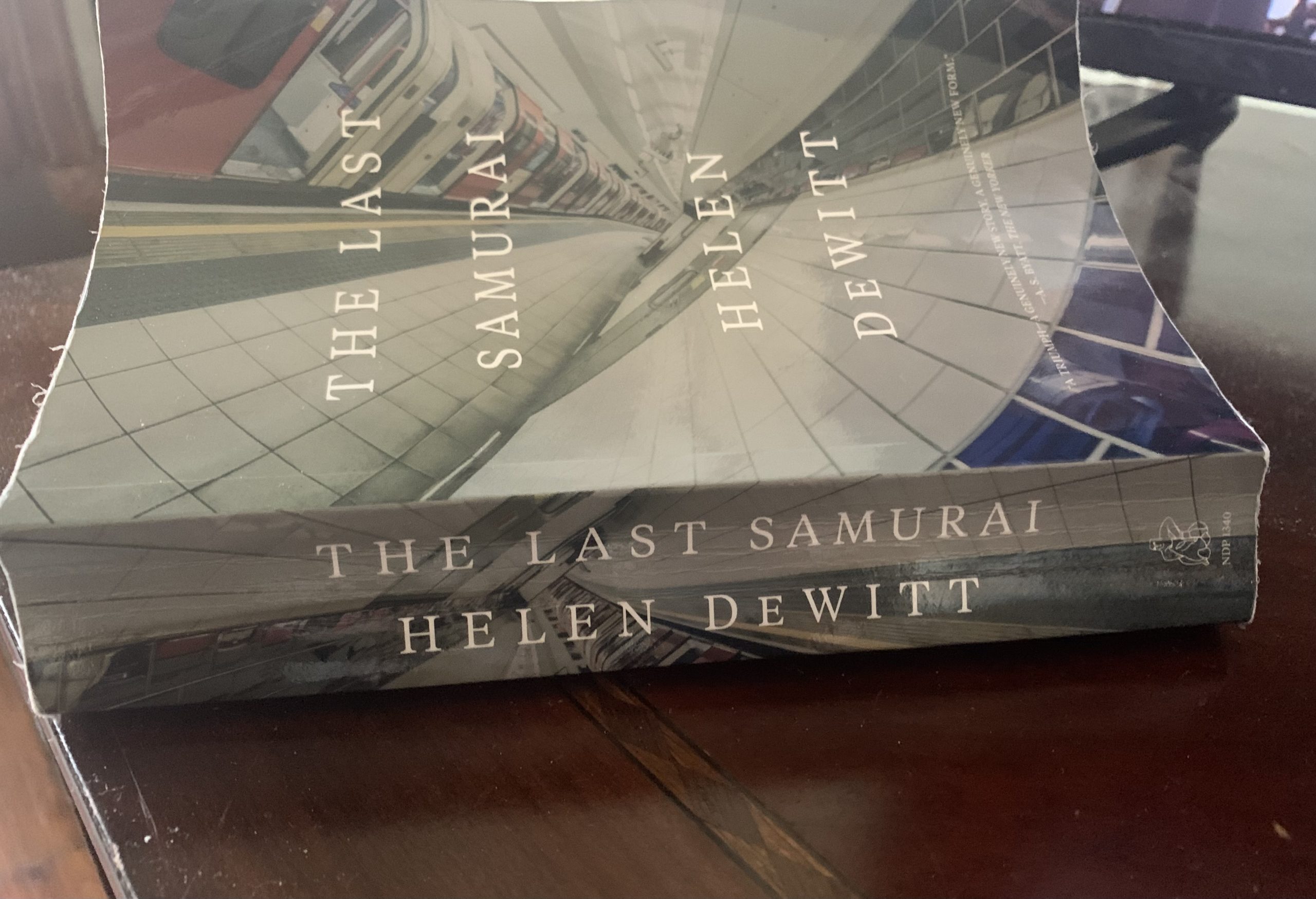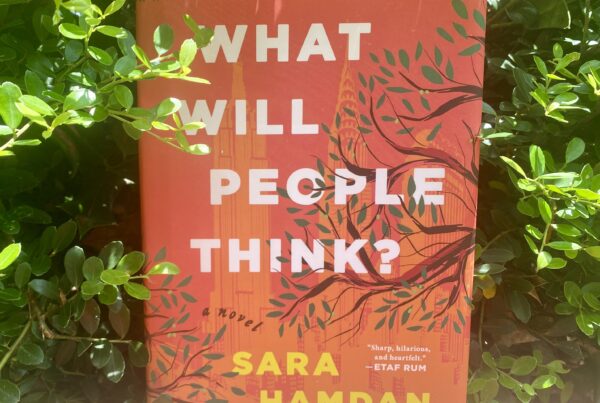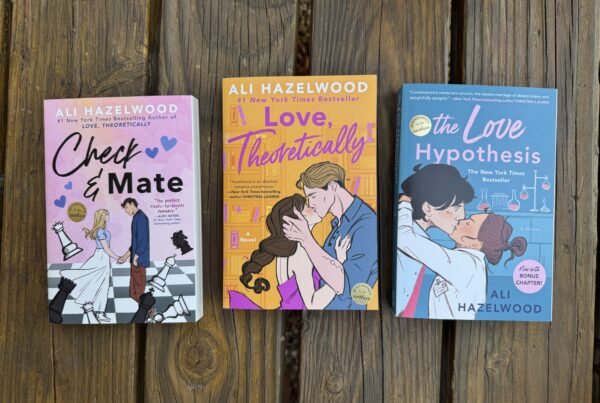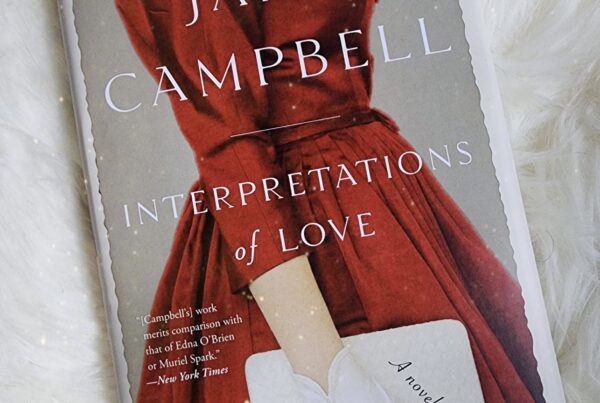When a friend animatedly tells you they have just finished reading “the best book written in the 21st century,” you would probably expect to have at least heard of it before. When that friend then tells you that this book is more than twenty years old and was out of print for a decade, you’d be forgiven for approaching the recommendation with slight skepticism. I had that friend, and now I am that friend to you, Bookcliquers: Helen DeWitt’s novel The Last Samurai is a grand epic, an intellectual masterpiece that might convince you of your own limitless potential.
A set of (mostly financial) unfortunate circumstances rendered both DeWitt and her novel largely unknown and unrecognized. But, thankfully, in 2016, New Directions published a new edition, resurrecting the once mythical novel back to bookshelves. It now has cult-like popularity among booksellers.
A young woman named Sibylla, an American working as a secretary at a small publishing house in London, struggles to afford the rent of her shabby home where she is raising her young son, Ludo. Sibylla can’t decide if her brilliant son is a genius: he can read Homer in ancient Greek, quickly masters advanced mathematics, art history, music, and speaks myriad other languages too. She knows none of this is ordinary but is convinced that any mind, taught to think properly, could be similarly accomplished. Worried about his lack of male role models, Sibylla introduces Ludo to Akira Kurosawa’s movie, Seven Samurai which becomes the basis for Ludo’s epic journey to find his father whose identity he has, of course, narrowed to seven candidates.
Sibylla herself is brilliant, her present state of destitution a result of abandoning her studies at Oxford, disillusioned and disappointed when she discovered she was not “liv[ing] among rational beings” as she’d hoped. Any person enchanted by the thrills of academia will at once relate to and despair over her recounting of the weeks spent trying to translate an obscure German thinker, only to realize that her efforts are fruitless and the man’s work is filled with fallacies and holds no real wisdom.
For a novel so concerned with erudite themes, its anti-elitist message is quite striking. DeWitt peppers her writing with Greek and Japanese, long philosophical excerpts, music, and scientific theories, and her style is equally unique: each page is full of odd caps-lock, no quotation marks, and uneven spacing. None of this makes the novel less accessible; indeed, it does the opposite. Yearning for knowledge and appreciation for art and for history is surely a universal human experience.




